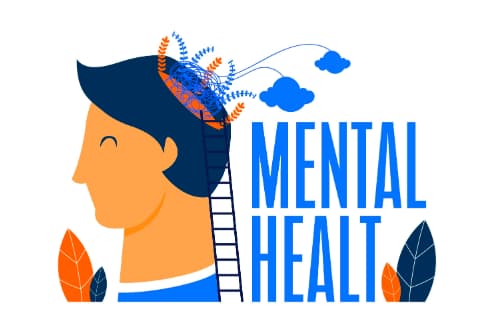Being able to predict what might trigger or exacerbate your anxiety can be extremely helpful in managing anxiety. But identifying that trigger or triggers, if you have more than one, can be difficult.
One way to figure out what things are causing your anxiety is to keep a thought diary.
When you analyze the moments during which your anxiety is off the charts, you will notice certain patterns that indicate what may be triggering this feeling.
Once you know what makes you feel anxious, try to minimize the trigger’s impact on you.
Approaches to overcoming anxiety include medication, cognitive behavioral therapy, as well as smoking and alcohol cessation and physical activity.
The therapy regimen should be developed by a psychiatrist. For diagnosis, a detailed history is taken and anxiety tests are used: Beck or Sheehan.
You can also take these tests yourself. Read more about them here.
In case of anxiety, prescription antidepressants are used – synthetic serotonin reuptake inhibitors.
Seeing a specialist can also help with cognitive behavioral therapy, which is an approach to treating anxiety, clinical depression, and insomnia by changing attitudes and habitual thought patterns.
For example, you worry about whether you turned off the iron, picked up your passport, and whether you were rude in a business letter. But is there any reason for such anxiety?
How often have you forgotten your iron, passport, and said “you” to a business partner? So there’s no reason to be alarmed. Everything is more complicated, of course, and cognitive behavioral therapy is an evidence-based way to overcome mental disorders.
Many people believe that alcohol and cigarettes are calming. In fact, it’s quite the opposite: their absence is perceived by the brain as an alarm signal, and a new dose of nicotine or alcohol returns the neurotransmitters dopamine and serotonin to normal levels. But only temporarily.
Quitting smoking and alcohol will not immediately, but will certainly lead to a decrease in anxiety.
If left untreated, anxiety disorders can lead to depression, substance abuse, chronic lung and gastrointestinal diseases, chronic pain, social isolation and disability, insomnia, migraines, and even suicide.







